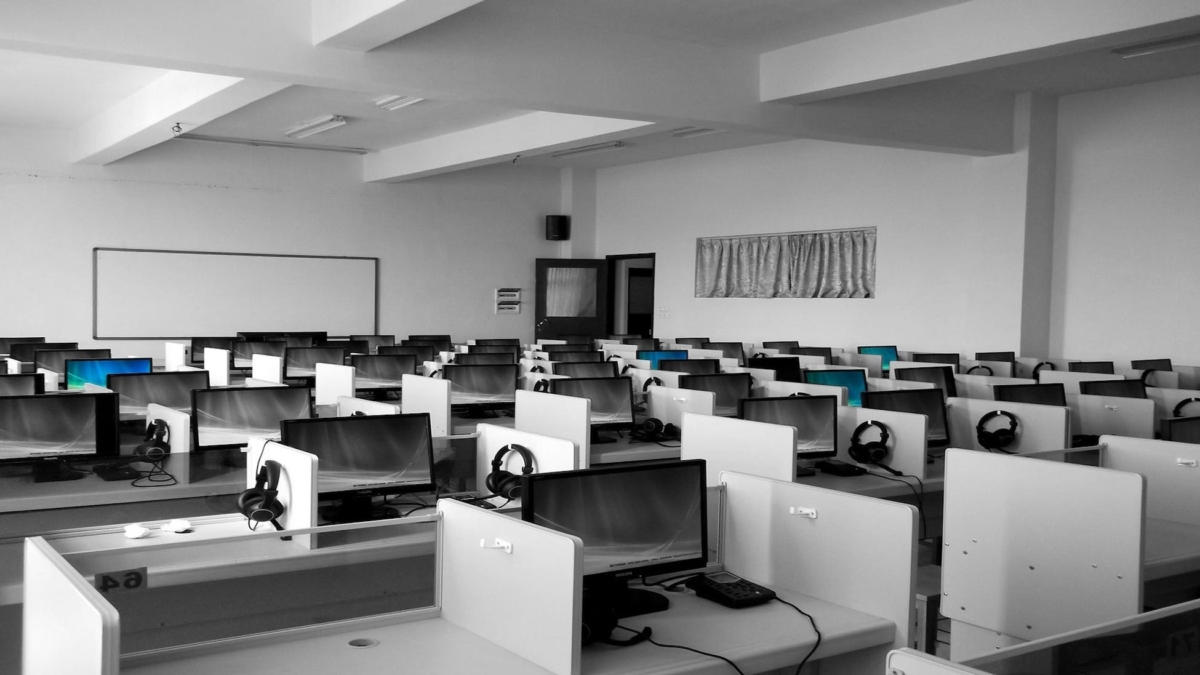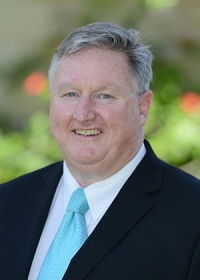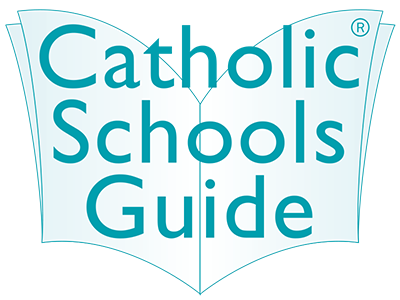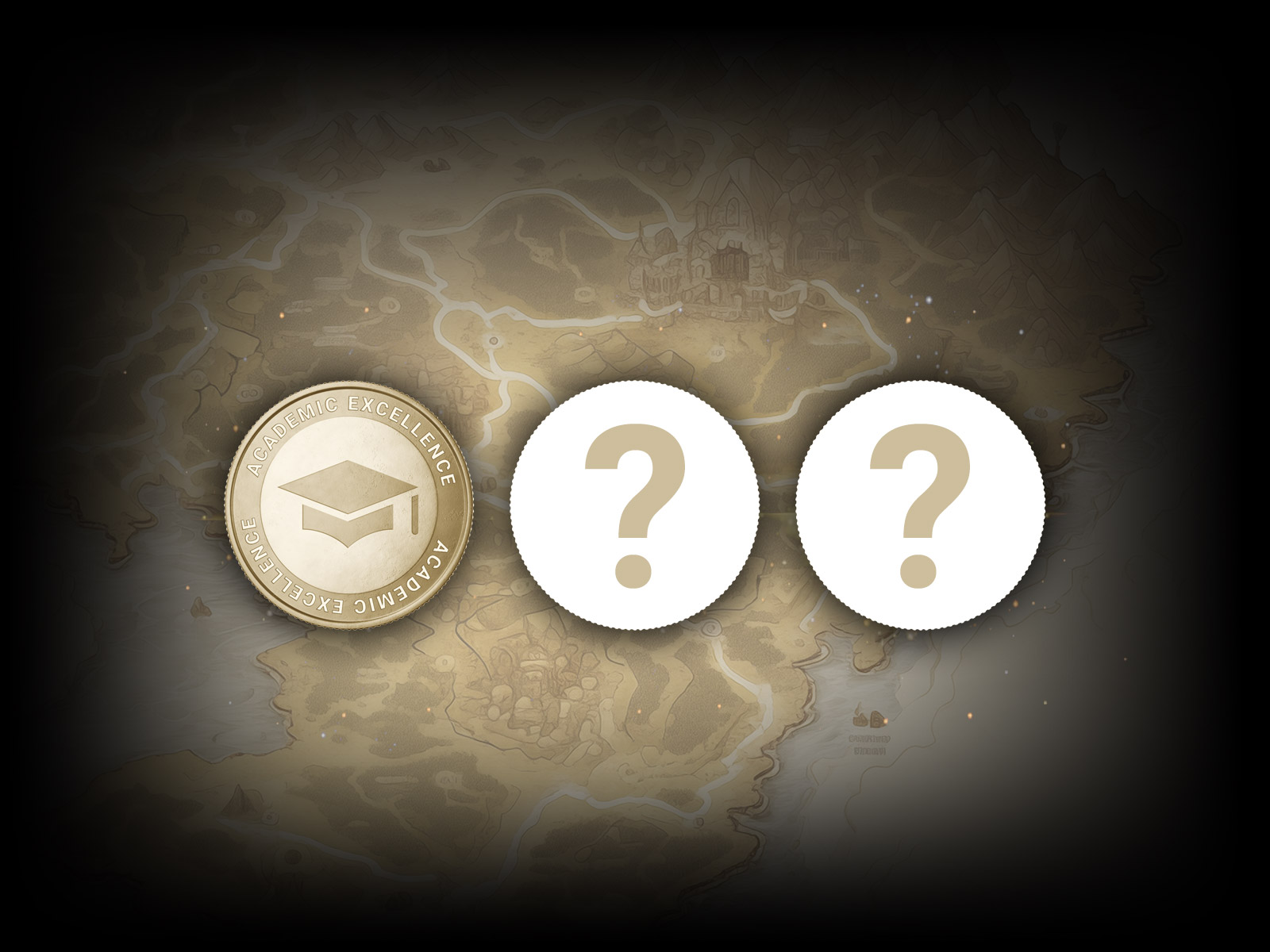News and Media

The Digital Classroom by Greg Miller
In his 2013 apostolic exhortation, Evangelii Gaudium – God’s Mission, The Joy of the Gospel, Pope Francis calls for, “a missionary impulse capable of transforming everything so that the Church’s customs, ways of doing things, times and schedules, language and structures can be suitably channelled for the evangelisation of today’s world rather than for self preservation”.
As part of the Church, this challenges systems, schools, principals and teachers to provide meaningful learning experiences for students in our Catholic schools, ensuring they go on and make a positive difference in the contemporary world after thirteen years of schooling.
Just like Pope Francis has challenged Catholics by reminding the Church of God’s Mission, technologies are disrupting how people of all ages learn, play, socialise and engage in civic life. The company Airbnb provides accommodation for travellers all over the world without owning any real estate. Uber provides a transportation service without owning a vehicle. These two examples are reminders that we live in a world increasingly disrupted by advances in technology.
Technology has impacted on the workplace by reducing and replacing human labour, especially in the manufacturing industry. Other industries are following and there is little doubt the future of workplaces will be increasingly disrupted due to evolving and smarter technologies. Respected academics, economic commentators and leaders of industry all agree that our society has commenced a decade of the most significant disruption to the world of work not seen since the industrial revolution. Our students of today may have between eight to fifteen careers and many jobs within those careers. This reality has implications for schools, in particular, the way teachers teach and the way students learn.
The prevalence of technological devices has penetrated the school gates and given rise to the digital classroom. Smartphones, tablets and other mobile devices provide students with immediate access to an exponentially increasing amount of information. Whilst this may seem challenging, Catholic school teachers are excited by the possibilities and opportunities that technology can offer our students. For example, Catholic schools across New South Wales use Google Applications for Education (GAFE) which provides a platform for students to share, edit and comment on the work of others, thus building the skills of communication and collaboration. GAFE and many other applications also allow for students to critically think by offering real-time peer feedback. This is a learning and teaching process which can occur at school and at home. This ‘anywhere, anytime learning’ is another feature of the digital classroom which transcends the four walls of the traditional classroom.
Learning and teaching in the twenty-first century requires teachers to capitalise upon the relative advantage of using technology to enhance and accelerate learning for students. There is an extraordinary amount of ‘apps’, programs and websites which can assist students to engage with learning. As they become more discerning with their use of technology, students become more confident to ‘self-direct’ their learning. Developing student capability to ‘self-direct’ requires teachers to adopt student-centred approaches such as Inquiry learning. Rather than simply presenting established facts or searching for quick answers, Inquiry learning challenges students to explore questions relevant to their real world. Problem Based learning is another student-centred approach in which students work together to solve an open-ended problem using visible thinking routines. There is also Project Based learning which allows students to gain knowledge and skills by working in teams for an extended period of time to investigate and respond to a complex challenge. There may be some overlap with each approach; however, each one requires students to work in teams and extensively use digital technologies to gather, build and share information where they may create new knowledge with relevance to their real world.
As technology increasingly allows for students to become the drivers of their own learning, the role of the teacher becomes more subtle and yet more important. In a digital classroom, teachers are required to shift from being the only knowledge provider to being one of many knowledgeable resources within a community of knowledge providers available via the global community on the World Wide Web. In a digital classroom, teachers act as a ‘facilitator’ and take on a coaching role, one which supports, promotes and assists the development of contemporary skills, such as collaboration, critical thinking, creativity and problem solving – all skills required for contemporary learning and post-school life in work and further education.
Students in Catholic schools will always be educated in the values that challenge a world where education can be used primarily as a driver for future individual success or national economic prosperity. Pope Francis encourages Catholics to speak to the experience and culture of people and connect with everyday life. Catholic teachers will increasingly use technology in ways which value student voice, prepare students for a positive future and connect them to real world experiences. As the exciting adventure of Catholic education continues, it does so with talented teachers nurturing students in digital classrooms where everyone sees themselves as a learner.

Greg Miller is the Secondary Schools Consultant at the Catholic Schools Office for the Broken Bay Diocese. In this role, he offers professional support for principals and school leadership teams to strengthen their leadership of Catholic School Improvement for their local context. He is also works collaboratively with the senior leadership team of Broken Bay to build capability of school leaders and teachers to use technology to improve student learning outcomes.
Greg’s prior experience includes working for seven years as principal of Mater Dei Catholic College, Wagga Wagga. As a visionary educational leader with a strong desire to leverage the potential of digital technology, Greg established a vibrant learning culture where student agency was valued. Previous to that Greg’s roles included five years as Assistant Principal at Trinity Catholic College, Lismore, and eleven years at St Joseph’s College, Hunters Hill, six of those as Year Nine Boarding Co-ordinator.
Greg epitomises life-long learning. He completed a Master of Education – Knowledge Networks and Digital Innovation, at the end of 2015. This complements his Master of Catholic Educational Leadership attained in 2007. Greg maintains professional connections through his Twitter account @gregmiller68, and his blog – “gregmiller68.com – Sharing Thoughts about Contemporary Learning”. You are invited to connect, follow, share and comment on his posts

